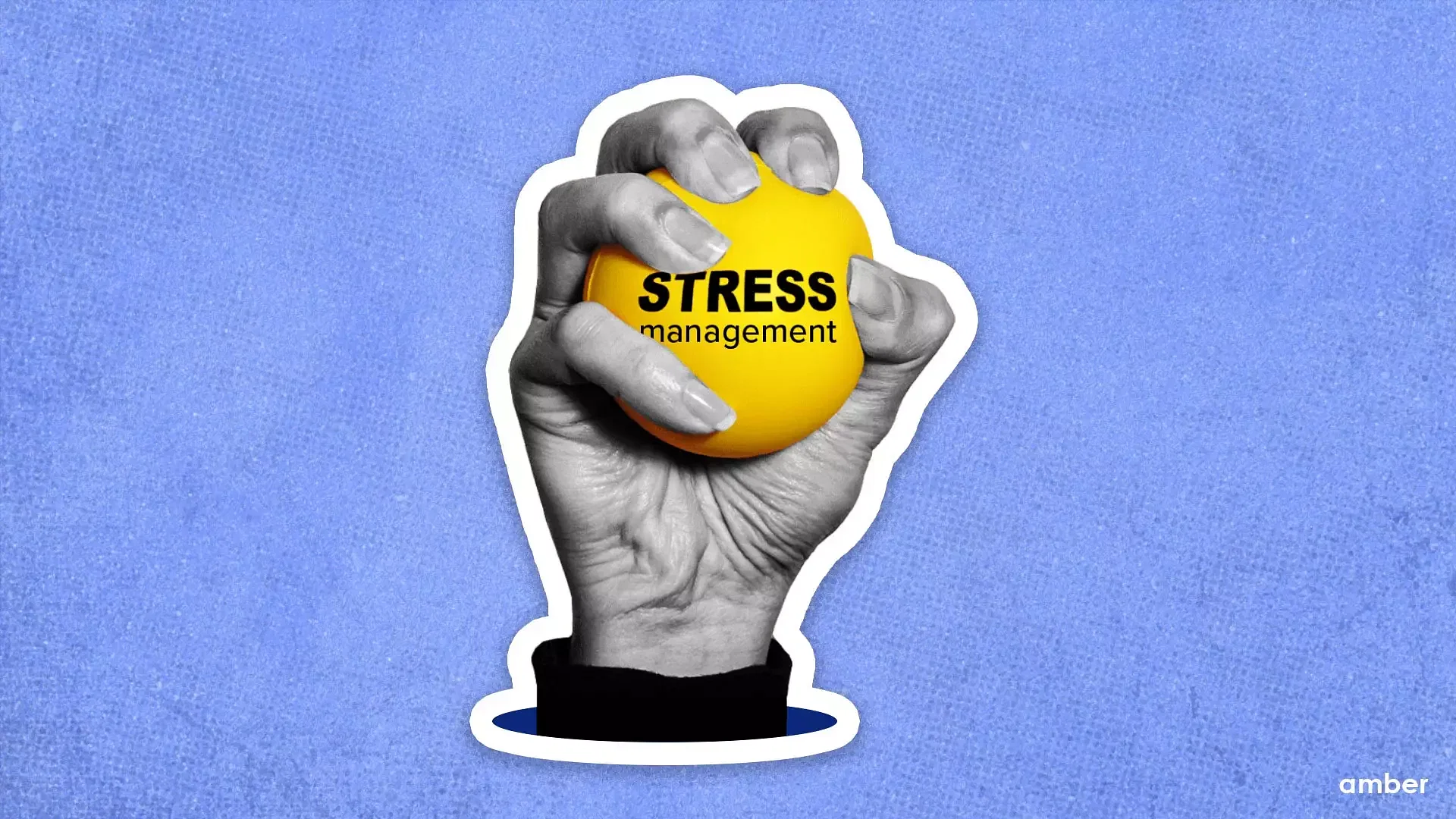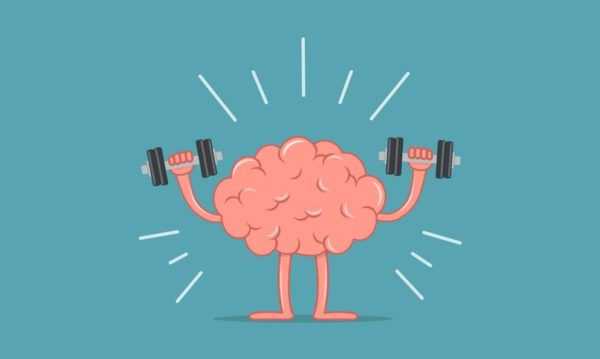Importance of Sleep for Physical and Mental Health
Learn how a good night’s sleep supports overall well-being.
Step 1: Understand the Role of Sleep in Health
Sleep plays a crucial role in physical health by promoting cellular repair, immune function, and memory
consolidation. It also affects mental health by improving mood, cognitive function, and emotional
regulation.
Pro Tip: Aim for 7-9 hours of sleep each night to maximize both physical and mental benefits.
Step 2: Create a Sleep Schedule
Consistency is key when it comes to sleep. Set a fixed bedtime and wake-up time, even on weekends, to
regulate your body’s internal clock and improve sleep quality.
Pro Tip: Set an alarm for both bedtime and wake-up time to help maintain a consistent sleep routine.
Step 3: Create a Relaxing Sleep Environment
A calming sleep environment enhances the quality of rest. Keep your bedroom dark, quiet, and cool. Consider
using blackout curtains, earplugs, or a white noise machine.
Pro Tip: Remove electronic devices like phones or laptops from your bedroom to reduce distractions and avoid
blue light exposure.
Step 4: Limit Stimulants and Heavy Meals Before Bed
Avoid caffeine, nicotine, and heavy meals several hours before bedtime, as these can interfere with the
ability to fall asleep and stay asleep.
Pro Tip: Opt for a light snack like a banana or yogurt if you need something before bed.
Step 5: Incorporate Relaxation Techniques
Incorporating relaxation techniques such as deep breathing, meditation, or progressive muscle relaxation can
help calm your mind and prepare you for restful sleep.
Pro Tip: Try using a guided meditation or relaxing music to help you wind down before sleep.
Step 6: Stay Active During the Day
Regular physical activity during the day promotes better sleep. However, avoid vigorous exercise close to
bedtime, as it can make falling asleep more difficult.
Pro Tip: Aim for at least 30 minutes of moderate exercise daily to help improve sleep quality.
Step 7: Manage Stress and Anxiety
High levels of stress or anxiety can make it difficult to fall asleep. Managing stress through mindfulness,
therapy, or stress-relieving activities can improve your sleep.
Pro Tip: Try journaling or making a to-do list before bed to clear your mind and reduce anxiety.
Step 8: Monitor Sleep and Adjust Habits
Keep track of your sleep patterns to identify what works best for you. Use a sleep tracker or journal to
monitor your quality of sleep and make adjustments to your routine as needed.
Pro Tip: If you continue to have trouble sleeping, consult a healthcare provider to rule out any underlying
sleep disorders.












